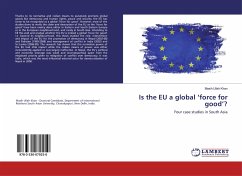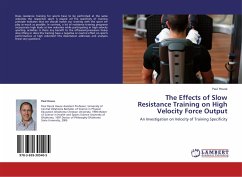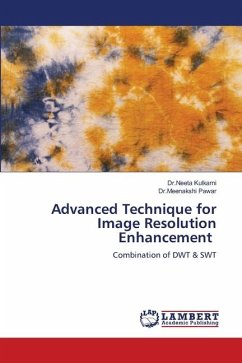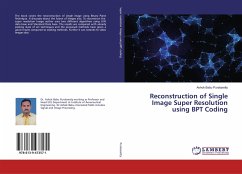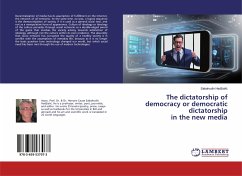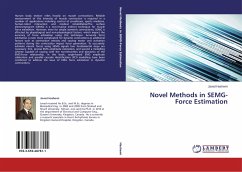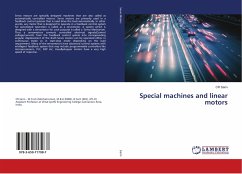Thanks to its normative and civilian means to putatively promote global goods like democracy and human rights, peace and security, the EU has come to be recognised as a global 'force for good'. However, most of the studies done to verify the claim and description of the EU as the 'force for good' have been mainly done either in Eastern and South Eastern Europe or in the European neighbourhood, and rarely in South Asia. Intending to fill this void and analyse whether the EU is indeed a global 'force for good' i.e. beyond its neighbourhood, this thesis studied the role, intervention and impact of the EU for the promotion of democracy in Nepal (2002-08) and Pakistan (1999-2008) and management of conflict in India (2002) and Sri Lanka (2006-09). The research has shown that the normative power of the EU had little impact while the civilian means of power was either inconsistently applied or was largely ineffective. In Nepal, the EU's political and economic leverage was weak and inconsequential apart from the misplaced priority given to mitigation of conflict over democracy. It was India, which was the most influential external actor for democratisation of Nepal in 2008.
Bitte wählen Sie Ihr Anliegen aus.
Rechnungen
Retourenschein anfordern
Bestellstatus
Storno

